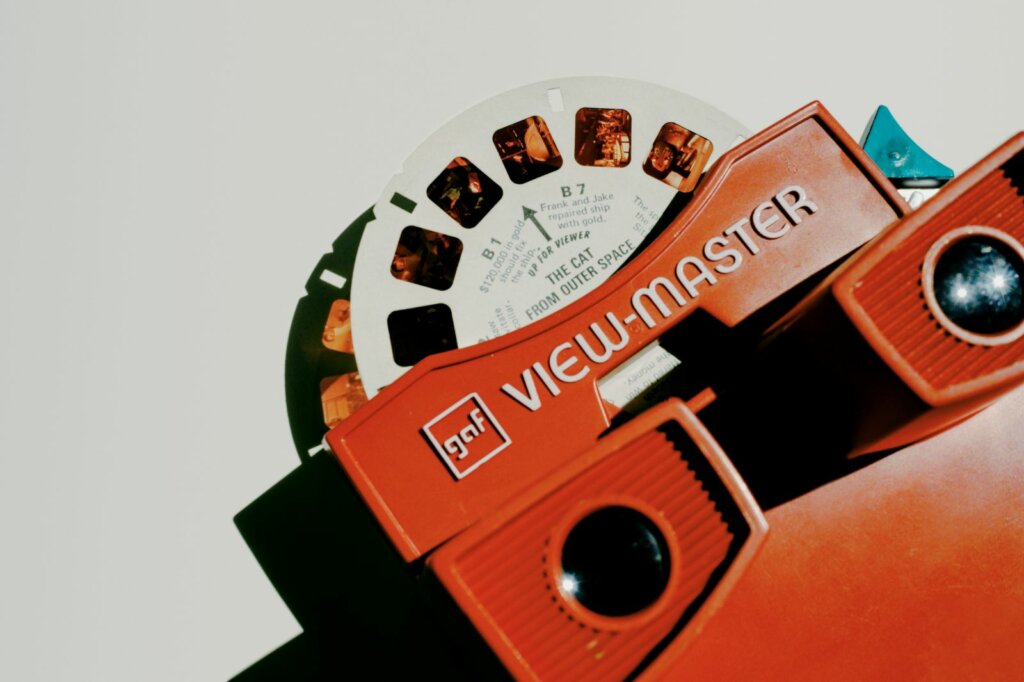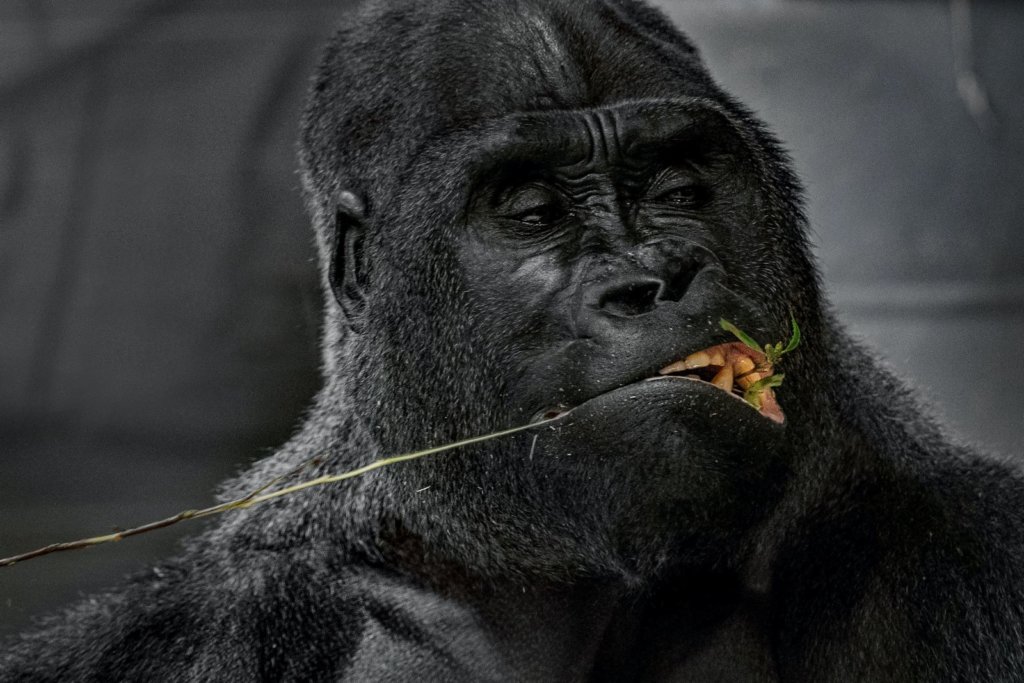A part of me believes that if only I had ____, I’d be happy. Or when ____ happens, then I’ll be happy. It’s one of the most pernicious lies that exists but I take comfort in knowing I’m not the only one who falls for it. There’s a reason we have about a billion books, podcasts, and courses on how to be happy – we humans don’t really know what will make us happy. We think we know but we don’t. Fortunately, there’s been a lot of research on the topic.
My favorite resource on happiness (so far) is Dr. Laurie Santos and her podcast “The Happiness Lab.” Dr. Santos is a happiness expert and taught THE most popular class at Yale in 300 years: Psychology and the Good Life. It’s been adapted into a free online course taken by more than 3.3 million people to date.
Dr. Santos has done a ton of research on happiness and discovered the way we go about achieving happiness is all wrong. We think happiness is about our circumstances – the job, the relationship, the house, etc., but in practice, science shows that’s not true. It’s not true because the brain gets used to anything – good and bad. For instance, when you buy a new iPhone, it’s fun for a while because it has cool new features, a better camera, etc., but then you just get used to it. It’s not the exciting, shiny thing it once was. It’s just your phone.

I feel happier looking at this kid. OMG so cute! Photo by frank mckenna on Unsplash
“We kind of get that with material objects, but we forget that with big life changes,” Dr. Santos says. “You get this new promotion, or you get a new salary, or you get into a relationship. At first, yeah, it’s amazing, but then over time, you just get used to it. And this is hedonic adaptation; all the best things in life, we kind of just get used to over time.”
Not only do we get used to the best things in life and forget how easily we acclimate, but we also have a built-in mechanism telling us we’d be happier with more. That’s what dopamine, the happiness molecule, seeks: more Instagram followers, more gadgets, more money, more. In my spiritual philosophy, we say every human being has a thirst for limitlessness. Even when a person has a lot, they still want more. Clay Cockrell is a wealth psychologist to the 0.0001% and found even those people are miserable because instead of being satisfied with enough, they’ll say, “I have $500 million, but I’m not a billionaire.” The millionaire wants to be a billionaire and a billionaire wants to be a trillionaire.
My spiritual teacher says:
“However great may be the wealth of attainment, it cannot satisfy the hunger of the human mind, which always yearns for unlimited happiness. Those who run after wealth and reputation, name and fame, can never be happy unless they can attain an infinite quantity of the same. But because the world itself is finite, how can the objects of this world be infinite? Besides, it is not materially possible to acquire objects of an unlimited quantity. So worldly achievement – even if it is the acquisition of the whole globe – is neither unlimited nor eternal.”
I’ll address the desire for infinity shortly but to go back to happiness research, Dr. Santos says to change your reference point so that you look down, not up. Instead of comparing yourself to someone who is better off than you, compare yourself to someone worse off. It could also be the “you” from a different time or circumstance. Comparing down elicits gratitude, which increases happiness.
Santos also says we’re terrible at prioritizing the things that make us happy. When we’re stressed with work, the first thing we drop is a yoga class with a friend, but socializing makes us happier. When we’re tired, we scroll Netflix, but we’d be better off playing on Duolingo, a language-learning app. It’s for that reason I have a 734-day streak on Duolingo. I’m committed to my happiness y’all. And if you want to follow me there, I’m @kfpixie.
The biggest thing I’ve learned from Dr. Santos, and that I have to remind myself of frequently, is happiness is a daily activity. There is no arrival or destination. You don’t publish a bestselling book and then feel happy forever. It’s the day-to-day behavior that affects our overall happiness. Part of that day-to-day behavior, which Santos addresses in a later episode, is a spiritual practice. When I meditate, I’m touching into something infinite and quenching that thirst for limitlessness. It’s the way I’m able to satisfy the part of me that endlessly craves more. At least sometimes.
Part of being happier, right now, also involves recognizing our moods change, our circumstances change, and it’s unrealistic to think we’ll feel Happy with a capital H all the time. But that doesn’t mean we can’t move the needle to happier. It just takes some effort.
I dream of a world where we remember happiness is a behavior, not a destination. A world where we understand the material world will never satisfy our desires because we’ll always crave more. A world where we point ourselves to something greater than us to satisfy that craving. A world where we do what we can to be happier now.
Another world is not only possible, it’s probable.
Summer is a season that elicits nostalgia like none other for me. I long to recapture the lazy, sun-soaked days of my childhood when time stretched like Silly Putty. I want the carefree aesthetic portrayed in media – beach days, fireflies, and ice cream. In my mind, everything was great way back when. Except…it wasn’t.
It’s a quirk of the brain that we misremember the past and downplay negative events. We drop the bad stuff – sunburns, rain, fights with loved ones – and only remember the highlights. When we do remember the bad stuff, we reconstruct it to make whatever happened more enjoyable and entertaining. The time you broke your toe while hiking becomes more exaggerated, more colorful. It’s a yarn you trot out at parties to elicit laughter and pity. But there’s still some wistfulness about the past.

Nostalgia creates a warped view of things. Much like a view-master! Photo by Girl with red hat on Unsplash
Researchers call this “rosy retrospection” and we do this not only in our personal lives but also when we fantasize about how society was better “back then.” In a recent poll, six out of every 10 Americans said that “life for people like them is worse today than it was 50 years ago.” But as University of Calgary instructor Paul Fairie demonstrates in his Twitter thread, “A Brief History of Things Were Better 50 Years Ago,” we’ve been saying this since 1890!
To be clear, all humans do this and have always done this because it’s how our brains work. It’s not a relatively recent development dating back to 1890. We all fall into the nostalgia trap but the important thing to remember is it’s not true. There is no idyllic utopia in the past. Things were not better back then. Some of the bigger societal things like climate change and wealth inequality, yes, they were better years ago, but our day-to-day lives were not.
I put this to the test by rereading some of my journals and the time periods I thought were great were anything but. I was insecure or heartbroken or uncomfortable or not sleeping through the night. I was stuck or broke or irritated. In short, I was experiencing the entire range of human emotions because that’s what it means to be alive. There is always something stressful or bothersome happening just as there is always something fun or joyful happening.
A time when everything is perfect doesn’t exist except in snippets. We have perfect moments, hours. If we’re lucky, perfection stretches to days but never months or years. It’s just not possible because the nature of life is to change and move. It’s why my spiritual teacher says, “Here in the universe, nothing is stationary, nothing is fixed. Everything moves; that’s why this universe is called jagat. Movement is its dharma; movement is its innate characteristic.”
The best we can do then is feel gratitude for the perfect moments life grants us and keep our eyes trained ahead, not behind. One more quote from my spiritual teacher: “You are to look ahead, you are to look forward. If you look back, if you look behind, you are wasting your valuable time.” And time, as we all know, is precious.
I dream of a world where we remember that rosy retrospection is real and it’s likely we’re misremembering the past. A world where we understand things weren’t better in our personal lives five years ago or 50 years ago or 500 years ago. A world where we remember to keep our eyes trained ahead in order to avoid falling into the nostalgia trap.
Another world is not only possible, it’s probable.
I had a humbling experience on Friday. While listening to my new favorite podcast, “The Happiness Lab,” the host Dr. Laurie Santos discussed inattentional blindness, or the inability to perceive objects if we’re not paying attention to them. She ran an experiment with her Yale students where she showed them a video of people passing a basketball. She asked her students to count the number of passes among people wearing white shirts.
When they revealed the answer – 15 passes – she said, “Great! But did you notice the person wearing a gorilla suit walk through the circle of players?” Invariably, the students said, “No. What? A person was wearing a gorilla suit?” When I heard this, I thought to myself, “Wow! Really? They didn’t notice? I bet I would pick up on the person in the gorilla suit. After all, I’m a highly sensitive person and notice things people miss.”

You would think a gorilla is easy to spot! Photo by Patrice Audet on Unsplash
Dr. Santos also mentioned when people are pressed for time, they are more likely to have inattentional blindness. In other words, rushing causes us to stop noticing small details. Well, on Friday night, I was rushing and received a telephone call from a friend named Michael. I have six Michaels in my contact list and texted the most recent Michael that showed up in my text conversations and said, “I got your message, I’ll call you in an hour.” I called him in an hour, he didn’t answer, and I noticed his outgoing voicemail recording had changed.
It was only after my friend said, “Hey, did you mean to call a different Michael?” that I put it together. D’oh! Called the wrong one! Here I was thinking I’m immune to inattentional blindness and it turns out, no, I am not. I zeroed in on the name “Michael” and blocked out the last name. The experience reminded me that I am one among many. Yes, I often fall into the outlier category, but that doesn’t mean I’m better than anyone else and, yet, that’s exactly what I started thinking on Friday before calling the wrong “Michael.”
My spiritual teacher says most people suffer from some sort of complex: an inferiority complex, superiority complex, fear complex, etc. He adds that “a complex of any sort is a psychic malady, a psychic disease. To consider oneself superior to others is a serious human mistake. Similarly, thinking oneself inferior to others is also a mistake. To suffer from an inferiority complex is also a psychic ailment. You must not encourage either a superiority complex or an inferiority complex. You must maintain a psychic balance; you must maintain a mental balance.”
Maintaining a mental balance for me means recognizing I’m human, I make mistakes. It means adopting an attitude of humility, or freedom from pride and arrogance. When I looked up the origin of the word “humility,” I found it stems from the Church Latin word humilis, which literally translates as “on the ground.” Also, part of the word humility’s etymology is other words that mean “Earth.” I like that. Being humble means keeping my feet on the ground, staying present here on Earth, and recognizing I’m no better and no worse than anyone else. In other words, I am also likely to miss a person wearing a gorilla suit.
I dream of a world where we recognize we are no better and no worse than anyone else. A world where we understand we all have strengths and weaknesses but that doesn’t mean we’re superior or inferior to others. A world where we place ourselves on equal footing with our fellow human beings. A world where we adopt an attitude of humility and realize we are likely to miss a person wearing a gorilla suit.
Another world is not only possible, it’s probable.